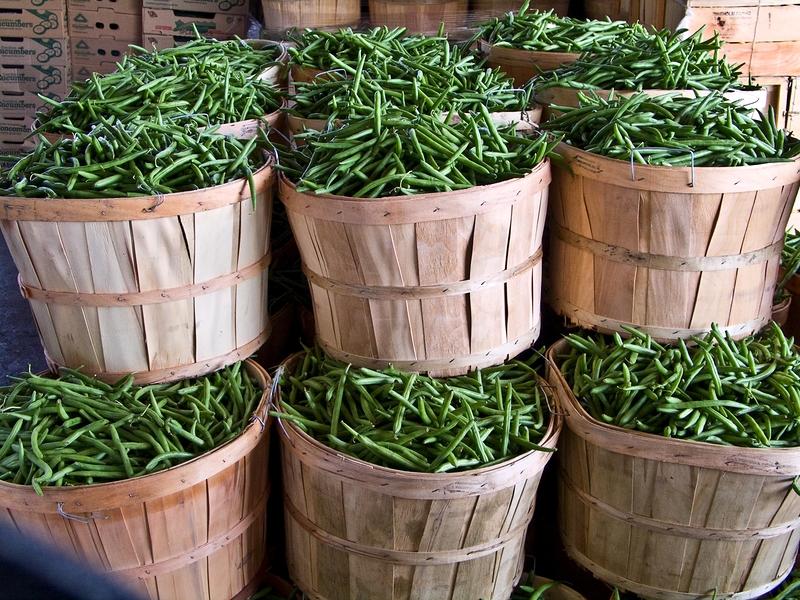Feeding the City: Pandemic and Beyond
Documenting Food System Experiences, Community Challenges & Local Resilience During Covid-19 and Beyond

Would the food system be able to feed a large city like Toronto if it were to experience large-scale systems shock? The resilience of the food system has long been debated by scholars, including in the influential Lancet EAT report (Willett et al. 2019) that questioned the long-term sustainability of global food systems. What was scholarly debate, now unfolds. This project tracks how farmers and buyers, community food providers, and civil society organizations are affected by the COVID-10 pandemic and the ways they are responding to maintain food access and alleviate food insecurity. This project asks: How are food supply chains affected by this pandemic context? How are food actors responding to constraints and opportunities during this time? How is the crisis affecting food insecurity? What policy outcomes and civil society responses are needed to address the challenges in the near term, and in the longer term? To answer these questions we will: document how existing culinary infrastructure around the Greater Toronto Area functions through the COVID-19 crisis; collect and analyze quantitative and qualitative data from vulnerable sections of food consumers, food workers, producers, providers, agri-food networks, and social enterprises; use that data to understand how local communities have faced these challenges, displayed resilience, and located near-term solutions, and how they can be best supported in those actions.
Our research plan is to track how the circulation of food, as well as food insecurity, has been affected by the COVID-19 pandemic, and how different food actors and local suppliers have responded to the situation with a focus on four areas:
Urban growing and COVID-19 closures
How have the 12 City-operated areas where allotment gardens are located, and the 83 community gardens that operate on public land been affected by first the closure and now the opening of growing projects.
Produce Supply chains
CSFS-affiliated Investigator: Sarah Elton
We track the impact of COVID-19 on produce supply chains at the Ontario Food Terminal, the largest wholesale produce terminal that supplies fresh produce to Toronto, Ontario, and the Maritimes.
We ask: How is the covid-19 pandemic having an impact on produce buying at the Ontario Food Terminal? This longitudinal study over the duration of the pandemic will monitor the supply of fresh fruits and vegetables.
Local agriculture and farm-consumer connections
Team members and their research students have longstanding connections with farmers in the Greater Toronto Area, and elsewhere in Ontario.
Healthy food to children and youth with schools closed
Since COVID-19 and the closure of schools, innovative programs have developed to distribute healthy food to children, youth and their families who were previously accessing school meal programs. In this unprecedented time, community organizations are partnering with schools to distribute meals, gift cards and boxes of healthy foods. Our research group will assist these school food practitioners in gathering data, summarizing best practices that maintain the supply of health food for children and lessons learned that can inform the future development of a universal school food program for Canada.

Updated May 2020
Contributors
Sarah Elton
Debbie Field
Jayita Sharma
Rhoda Teitlel-Payne, Toronto Urban Growers
Marina Queirolo, Farmer’s and Good Food Market Network
Project dates
May 2020 to Spring 2021
Funding
University of Toronto special COVID-19 fund